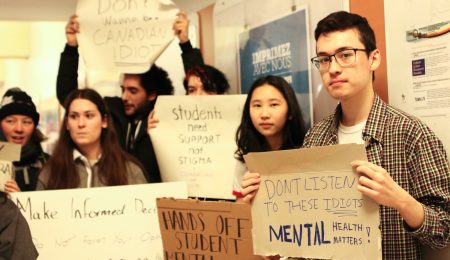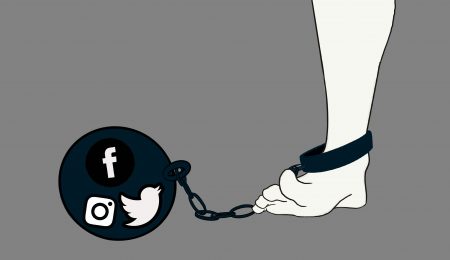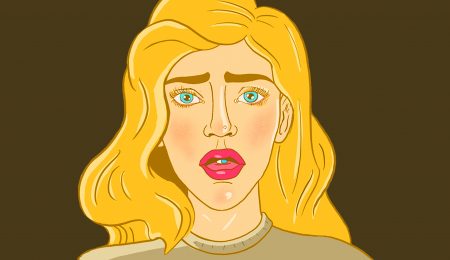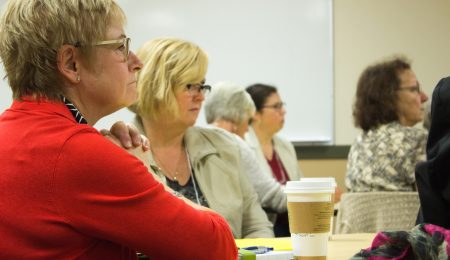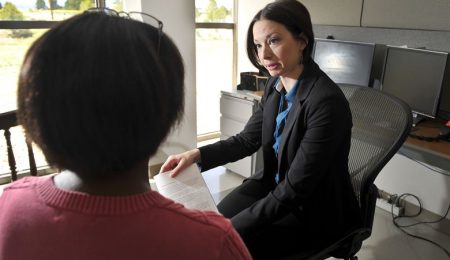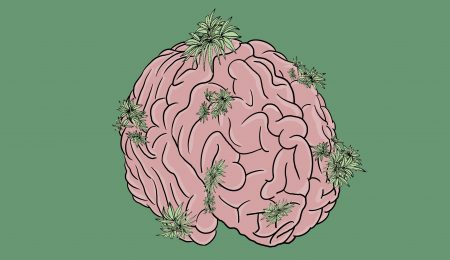Five students with mental health issues point to gaps in the school’s mental health system, including staggeringly long wait times, poor training of professors, and a lack of specialized counsellors.
Mental Health
The University of Ottawa’s Sports Services discouraged the social media accounts of Gee-Gees clubs and teams from posting content about Bell Let’s Talk, an annual online mental health fundraiser held on Jan. 29, according to emails obtained by the Fulcrum.
The president of the University of Ottawa said a Scientology linked anti-psychiatry exhibit on campus that has been widely condemned and protested by students is “outrageous” and “hurtful to many members of the community,” but ruled the school will not be removing the display.
Dozens of University of Ottawa students spent hours on Wednesday protesting outside of the Scientology linked anti-psychiatry exhibit that is being showcased all week in the University Centre, with many expressing their frustration with the school and its passive approach to the display.
Students are calling on the University of Ottawa to remove an anti-psychiatry exhibit on campus that was set up just days after the university finished celebrating their annual wellness week.
I find it commendable that students are taking the initiative to create new spaces to share experiences and demand action when it comes to mental health, but frankly it shouldn’t be their responsibility.
We call on the university administration to immediately implement a number of changes to their mental health care system to better support students in need.
During Monday’s Board of Governors meeting, several board members highlighted the school’s inefficiency in creating awareness around mental health resources and services on campus.
In the wake of four University of Ottawa student deaths in the past eight months, students are pushing the administration to implement concrete changes to its mental health services. A petition with close to 3,000 signatures is asking the university to hire more professionals and implement more training for staff and professors.
Nothing More is beloved by their fans largely because of their lyrics, which openly and bluntly draw from dark experiences in the band members’ lives, but present these stories with hopeful messages of self-improvement and perseverance.
“We want the conversation around mental health to be open, free, and welcoming — there shouldn’t be a stigma attached to discussing mental health, and you aren’t “weak” for opening up about your struggles,” says co-ordinator Terry Wang.
Frémont discusses the university’s response to allegations of racism and racial profiling levelled at Protection Services, the impacts of the Student Choice Initiative and what’s being done after a string of student deaths in residence last year.
Study suggests consuming probiotics, live bacteria found in yogurt and fermented milk, during puberty may help build resilience to mental illness later in the lifespan through the gut microbiome.
Authors point to introduction of iPhone, anti-stigma campaigns as possible explanations for rise
Among the highlights are a national plan that would better coordinate Canada’s various crisis hotlines, and additional programming for racialized, LGBTQ+, and Indigenous populations.
In an overwhelmed healthcare system and at a time of intense pressure in the academic year, our campus mental health services should have an expanded availability to correspond to the potential increase in students experiencing a crisis.
Another student has died by suicide at the University of __________, reports student newspaper, The _________.
“It’s a scary world … I’m just thankful to not have been a teenager in the world of the iPhone.” — Lynne McInally, clinical social worker, therapist and instructor at Humber College.
When it comes to chronic pain, mental and physical illness are often inextricably linked.
“For some people it’s almost a joke, like ‘yeah yeah yeah I had my ADHD day yesterday … when we know … it’s so different to have it 24/7.”
We can use this same approach for the war of the 21st century, the mental health crisis. All it takes is dedication and determination.
During my first year at university, the administration and one of my professors severely let me down, and I know I’m not alone. Currently, professors at the university are offered mental health training optionally alongside other members of the community. Professors at the U of O need to be given mandatory mental health sensitivity training.
Access to mental health services in Ottawa needs to be far less difficult and way more consistent than it is now. Going to see a counsellor in the first place takes a lot of strength, actually accessing help shouldn’t be the most difficult process.
While we’re devoting our love and time to helping loved ones, we can often forget to take care of our own well-being in the process. This means taking some time each day to check in with your own mental health and having the courage to realize you might need some time to yourself to care for your own health.
For some regular cannabis consumers, the immediacy of relaxation that cannabis brings on has been enough of a reason to consider it as a day-to-day treatment for anxiety and stress.



